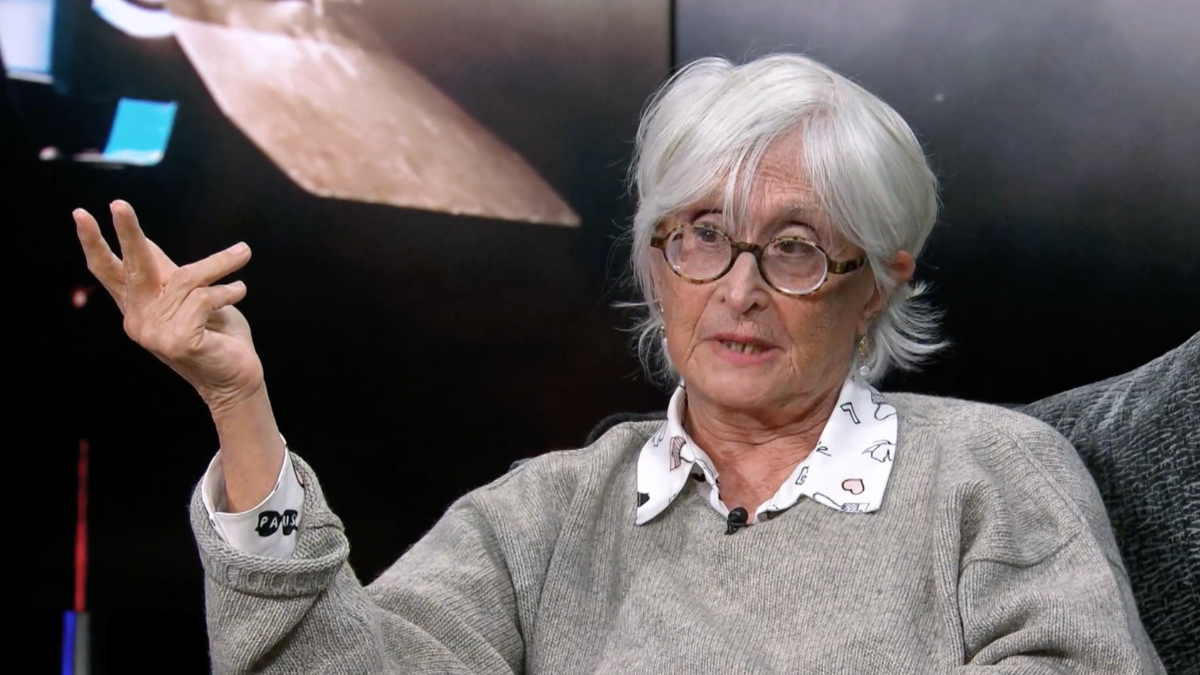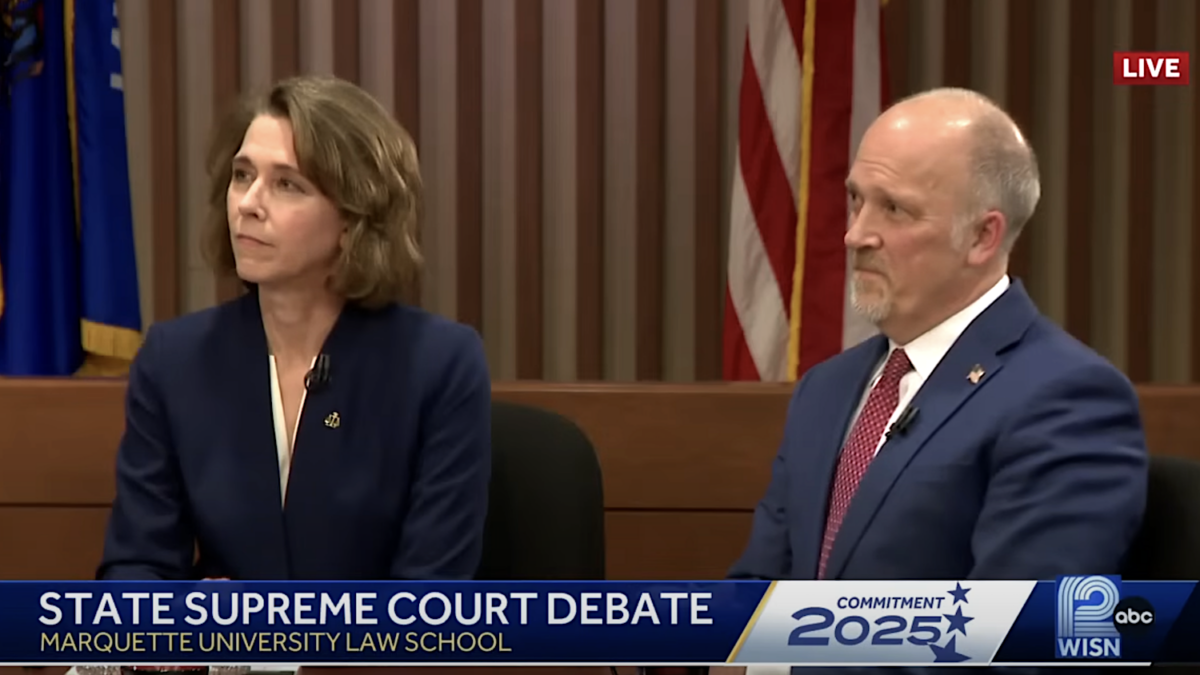
On Wednesday, the Supreme Court of British Columbia, Canada ordered that a 14-year-old girl receive testosterone injections without parental consent. The court also declared that if either of her parents referred to her using female pronouns or addressed her by her birth name, they would be considered guilty of family violence.
As previously reported, Maxine* was encouraged by her school counselor in BC’s Delta School District to identify as a boy while in seventh grade. When Maxine was 13 years old, Dr. Brenden Hursh and his colleagues at BC Children’s Hospital decided that Maxine should begin taking testosterone injections in order to develop a more masculine appearance.
Although Maxine’s mother was ultimately willing to support hormone injections, her father Clark* was concerned about the permanent ramifications of cross-sex hormones. Suspecting that his daughter’s mental health issues might be more the cause than the effect of her gender dysphoria, he ultimately decided that it would be better for her to wait until she was older before she embarked on any irreversible course of treatment.
At that point, Hursh informed Clark that he would begin testosterone injections on the basis of Maxine’s consent alone, claiming that he had a right to do so under the BC Infants Act. Clark promptly sought an injunction to prevent this. On Wednesday, however, a judge deemed Maxine “exclusively entitled to consent to medical treatment for gender dysphoria,” regardless of the opinions of either of her parents.
Further, the court stated that “Attempting to persuade [Maxine] to abandon treatment for gender dysphoria; addressing [Maxine] by his birth name; referring to [Maxine] as a girl or with female pronouns whether to him directly or to third parties; shall be considered to be family violence under s. 38 of the Family Law Act.”
Late Wednesday evening, Clark was strongly disappointed by the court’s ruling. “The government has taken over my parental rights,” he said, “They’re using [Maxine] like she’s a guinea pig in an experiment … Is BC Children’s Hospital going to be there in 5 years when she rejects [her male identity]? No they’re not. They don’t care. They want numbers.”
In the past, the majority of children diagnosed by sex-change clinics with gender dysphoria (or gender identity disorder) have ended up embracing their natal sex as adults. Clark referenced recent reports from England indicating that some transgender clinics have bowed to intense pressure from trans activists to fast-track children into hormone treatments.
Clark felt that he could not trust BC Children’s Hospital’s diagnosis: “These activists are taking over,” Clark said, “and it’s not in the interests of our kids. It’s in the interests of self-promotion and the things that they want to do and accomplish.”
Throughout our interview, Clark continued to refer to his daughter as a girl, “because she is a girl. Her DNA will not change through all these experiments that they do.” Clark understood that this statement might be construed as a violation of the court’s interdict against “referring to [Maxine] as a girl … to third parties,” but felt that he could not honestly take any other stand. While he has long been tolerant of his daughter’s transgender identity, he was unwilling to regulate his objective statements to media outlets by a misattribution of his daughter’s sex.
“We’re gonna fight this right up to the Supreme Court of Canada,” he said. “We’re not quitting.”
Kari Simpson, head of the Canadian pro-family organization Culture Guard, which has helped raise awareness and support for Clark’s case, agreed that the case had to be appealed. “To leave this unchallenged” would have dire consequences for “other youth who are trying to survive in an increasingly hostile and dangerous society,” she said.
For now, and for Maxine, however, the judge’s decision stands: the 14-year-old will begin taking testosterone against a parent’s wishes on the sole basis of her own consent.
*Clark and Maxine are not the real names of the father and daughter involved. Their identities have been concealed by court order. Court documents use the initials CD and AB, respectively, and media refers to Maxine as simply “Max.”









